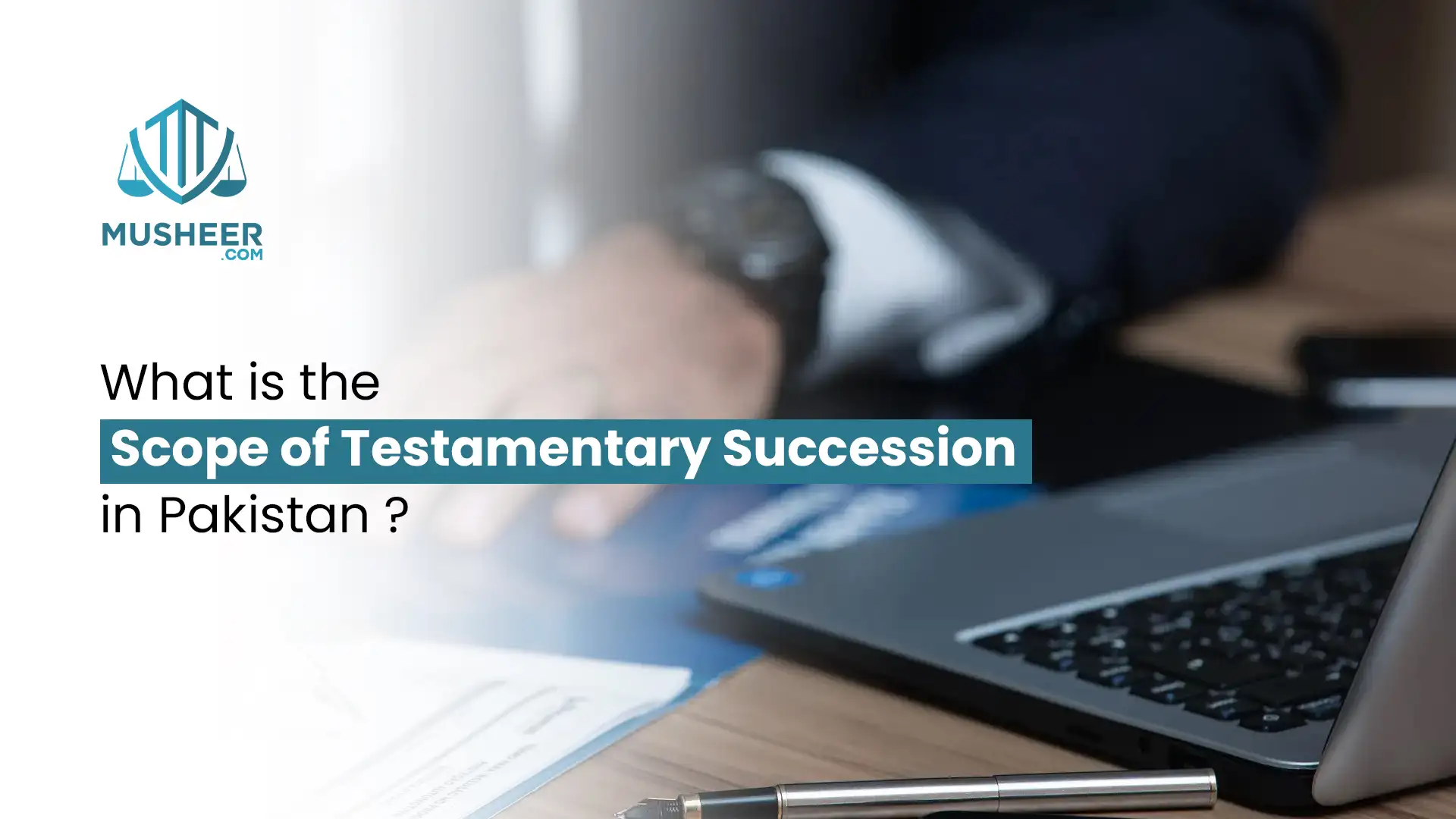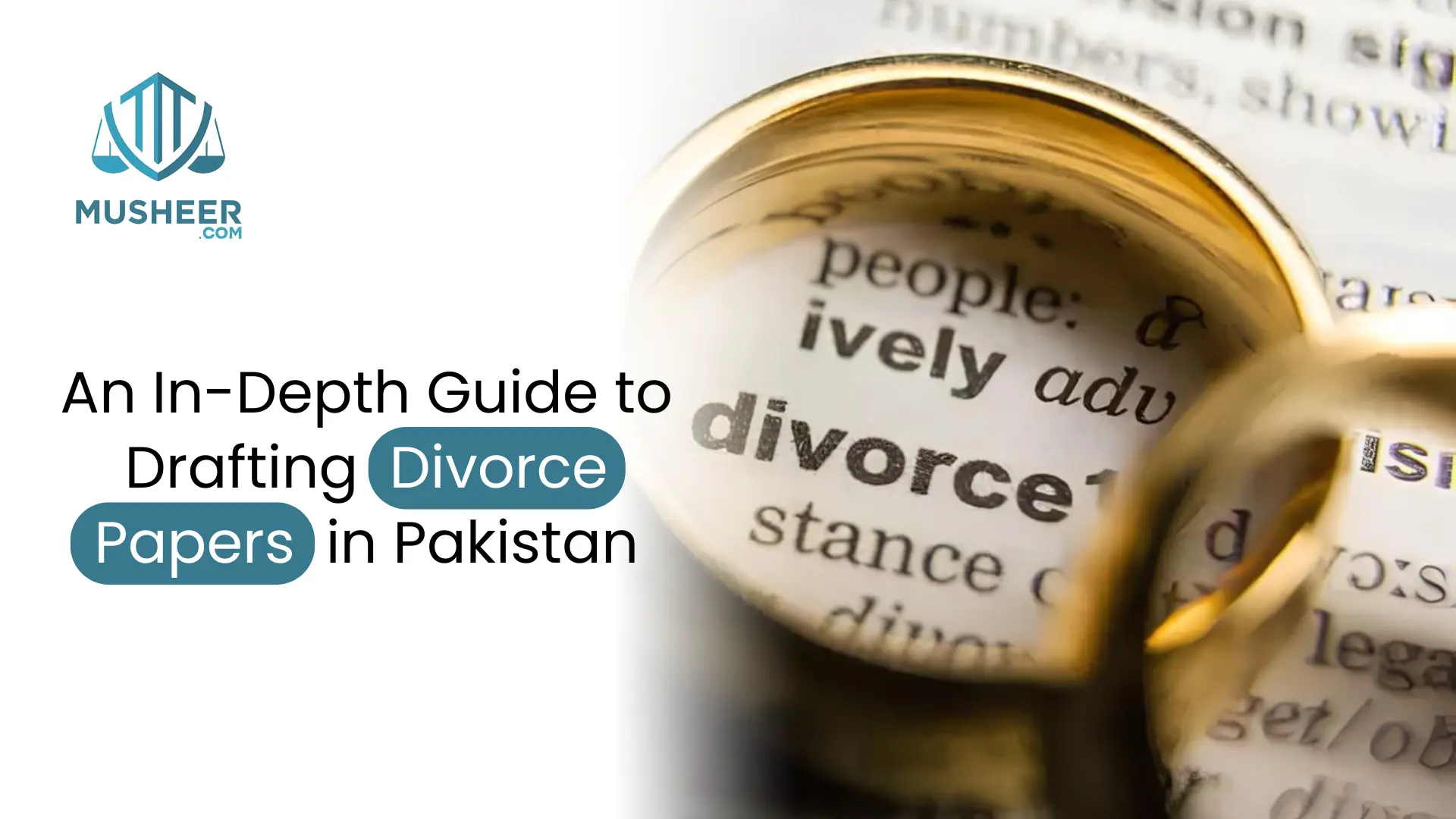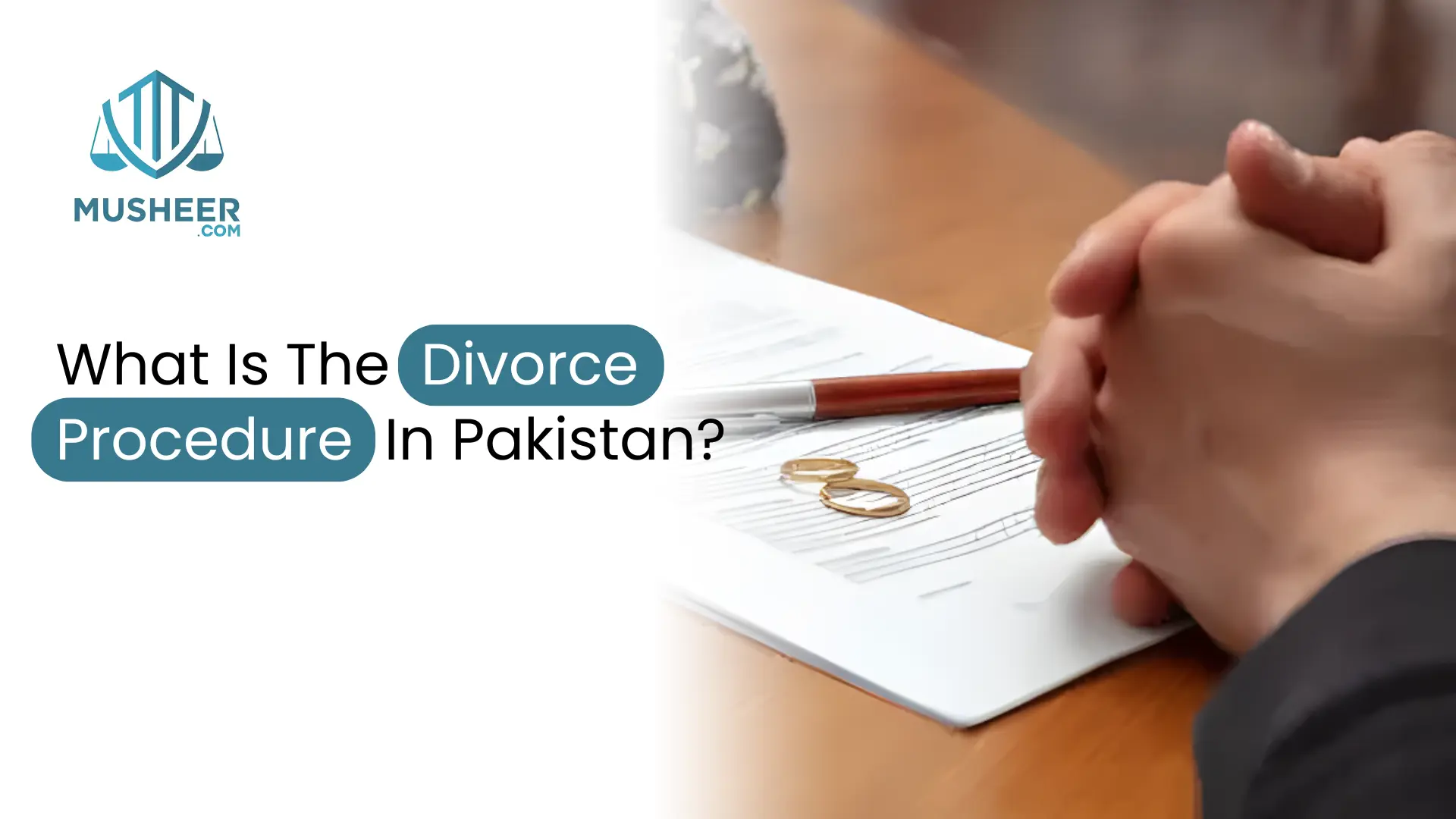The concept and practice of testamentary succession is not new. This practice was very prevalent in pre-Islamic civilizations and religions. Under Islamic laws, a will or a bequest can only be made to a non-legal heir because the legal heirs of a Muslim man are covered by the law of inheritance and have a fixed share in the property of the Muslim deceased. Therefore, a will intends to gift by way of testamentary succession share in the property of the deceased. It is absolutely in the discretion and sweet will of the testator to make a will, and a will can only be made to a non-legal heir. The law regarding wills is provided in the Succession Act, 1925.
Meaning Of Will
Section 2 (h) of the Succession Act 1925 defines well as:
2 (h).. the legal declaration of the intention of a testator with respect to his property which he desires to be carried into effect after his death.
Essentials Of A Valid Will
There is a great divergence of opinion regarding the essentials of a valid will among different sects and different schools of thought in Islam. The views of the jurists in this regard may be stated as below under the following headings:
-
Opinions Of The Majority Of The Hanafi Jurists
According to the views of the majority of Hanafi jurists, the elements of will are two and they are the offer and acceptance. An offer by the testator to will his property and the acceptance on part of legatee of such will. According to this view ownership of a legatee is not proved unless it is accepted by him.
-
Opinions Of The Majority Of Jurists
According to the views of the majority the of jurists i.e the Malikis, Shafeis, and Hanabali there are four elements of a will, and they are:
- The offer and acceptance
- Testator
- Legatee
- Legacy or Subject of Will
Who Can Make A Will
There is no prohibition on any person to make a will. Any person who is competent to contract can make a will. Section 59 of the Succession Act provides:
- Person capable of making wills.
Every person of sound mind not being a minor may dispose of his property by will.
Subject Property Of Will
Any property moveable or immovable which is capable of being transferred and which exists at the time of the testator’s death can be the subject of a will. It is also essential for the validity of legace that it must be owned and possessed by someone in his individual capacity. In other words, we can say that the following conditions are necessary for the validity of legacy to make a valid will:
- The property must be capable of being transferred.
- The testator must be the owner of the property.
- The property must be in existence at the time of testator’s death.
The Limitation On The Extent Of Will
Under Islamic law, a Muslim man cannot bequeath more than one-third of his total estate to a non-legal heir. The remaining two-thirds are to be distributed among the legal heirs.
Although there is no restriction in Quran on the extent of the disposition or will of the property, however, there is complete consensus of both Sunni and Shia jurists that a will can only be made to the extent of one-third of the total property belonging to the testator.
When Can A Will Be Made More Than One Third
A will can be made beyond one-third of the total property to the legatee with the consent of all legal heirs, and there is a consensus of jurists on this issue. The law recognizes this point also. The Peshawar High Court in Zardad vs. Ali Akbar, 1989 CLC 2028 has held that a will to an heir beyond one-third of the property is not valid except with the consent of all other heirs. The same view has been reiterated by the judgments of the Lahore High Court in Muhammad Shoaib vs. Razia Bibi, 2002YLR 2895, and Peshawar High Court in Gul Zaman vs. Maula Dad, 2014 CLC 635.
Revocation Of Will
A will may be revoked or changed by the testator before his death. A will only takes into effect after the death of the testator and therefore, it can even be revoked.
Section 62 of the Succession Act reads:
- Will may be revoked or altered
A will is liable to be revoked or altered by the maker of it at any time when he is competent to dispose of his property by will.
Validity Of Will Obtained Fraudulently
Section 61 of the Succession Act provides that a will which is obtained through fraud or coercion is void.
- Will obtained by fraud, coercion or importunity
A will or any part of a will, the making of which has been caused by fraud or coercion, or by such importunity as takes away the free agency of the testator, is void.
Conclusion
The law of testamentary succession is laid out in detail in the Succession Act, 1925. Muslim law on wills has certain limitations. The rationale behind placing such limitation is that a will should not have the effect of depriving the legal heirs of their inheritance rights and only 1/3rd of the total assets of a man can be given by bequest.









